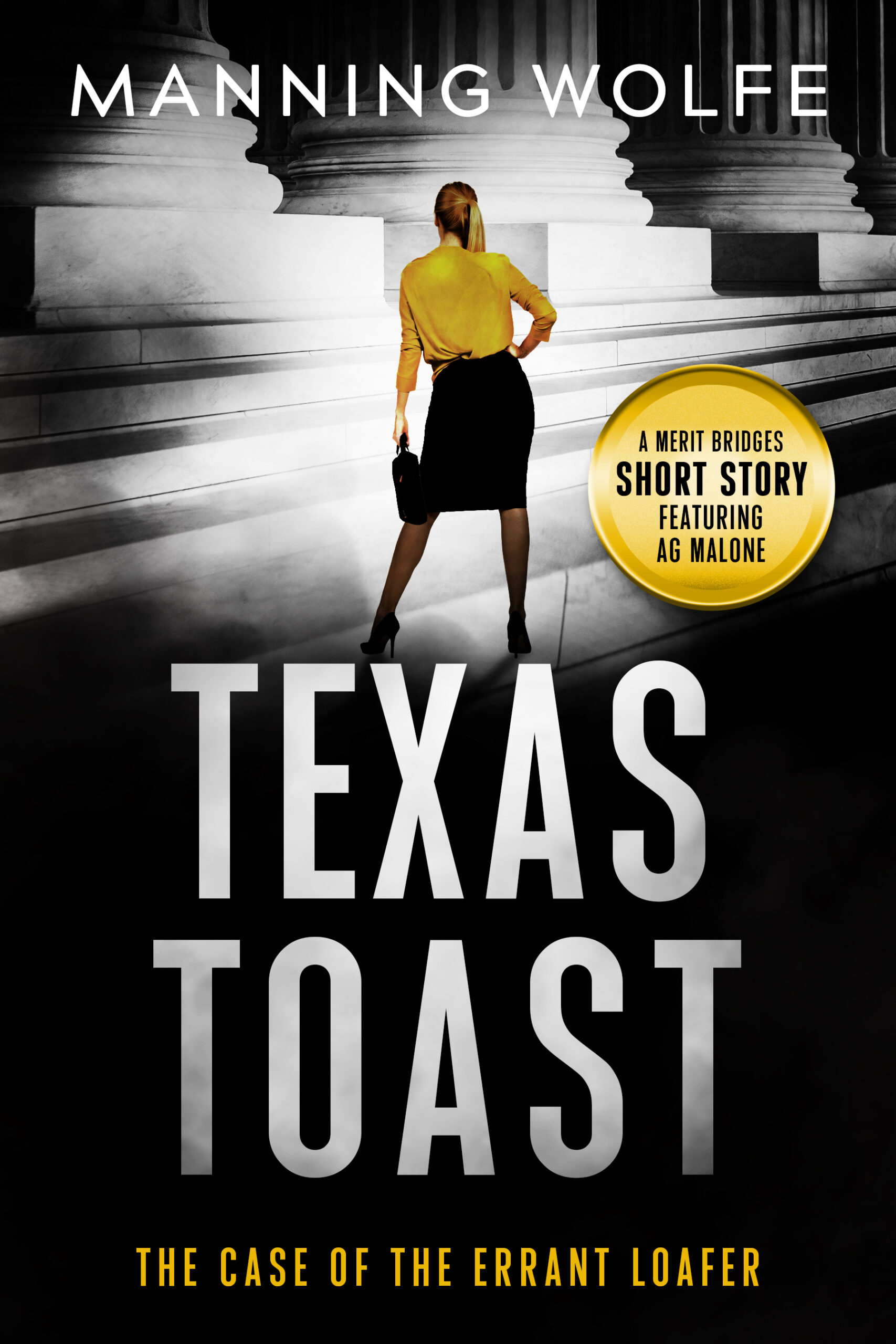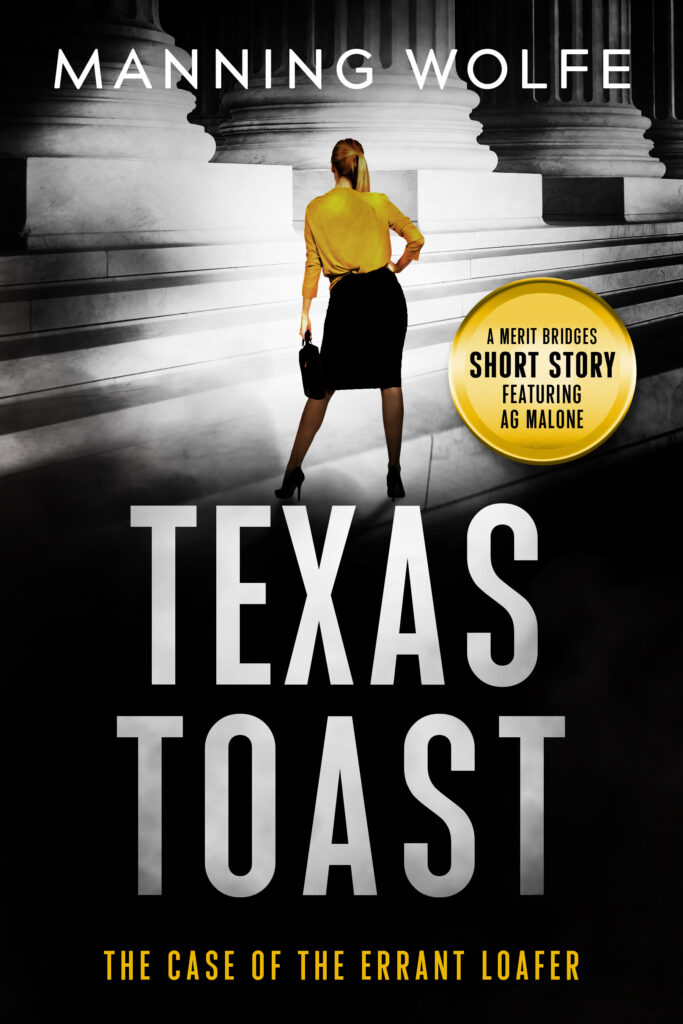How Much Due Diligence is Due?
Introduction: The Hooks v. Samson case is one of the most important recent decisions handed down by the Texas Supreme Court (January 2015) with regard to oil and gas policy issues. Industry professionals are abuzz about its ramifications and it will be in the business literature for a while. The basis of the discussion is not only what the mineral owners knew, but also what they should (or could) have known if they had conducted a certain measure of due diligence. The Supremes have been tough in prior holdings barring suits, based on fraud or mistake, by mineral owners trying to extend the statute of limitations. The Hooks case appears to soften that hard line by allowing more room for Jury’s to extend the statute, based on the facts before them.
Background: The Hooks v. Samson case arose from a dispute over oil and gas leases in Jefferson County and Hardin County, Texas. The mineral owner, Charles Hooks, who is an oil and gas attorney, leased property in Jefferson County to Samson Lone Star. The lease contained a buffer-zone provision requiring Samson to prevent drainage from adjacent lands. If a gas well were completed within 1,320 feet from the leased tract, Samson was required to either: (1) drill an offset well, (2) pay compensatory royalties, or (3) release the offset acreage.
Facts: In April 2000, Samson began drilling a well (BSM 1) on a tract adjacent to the Hooks’ lease. Although the drillsite was outside the buffer zone, the well was directionally drilled so that the bottom was within 1,320 feet from the leased property. Hooks, apparently was not aware of this fact.
In February 2001, Samson sought to pool 50 acres covered by Hooks’ lease into a BSM unit. Hooks contacted Samson’s landman to find out about the location of BSM 1. The landman sent Hooks a copy of the reconfigured plat that was filed with the Texas Railroad Commission in December 2000. The plat contained notations about the bottom-hole location of BSM1 that conflicted with other information of record. Hooks agreed to the pooling, executed the required documents, and was sent royalty checks.
Issue: Hooks later discovered that the well bottomed inside the lease’s buffer zone and filed suit against Samson in May 2007 for fraud. Hooks alleged: (1) that Samson made false representations concerning the location of the well’s bottom to avoid paying compensatory royalties that accrued before the unit was formed. (2) Hooks further argued that the four-year statute of limitations applicable to their claim should not apply because Samson had fraudulently induced them to believe that the BSM 1 well was 1,400 feet from their lease.
Trial Court Ruling: At trial, the Jury found that Hooks could not have discovered the true facts within the statute of limitations. Therefore, Hooks had additional time to file the suit. The Jury awarded approximately $21 million in damages.
Court of Appeals: The Appeals Court reversed. It reasoned that the statute of limitations barred Hooks’ claims, because Hooks knew, or should have known, that the BSM1 well bottomed within his lease’s buffer zone at the moment Samson first proposed pooling. This knowledge started the running of the statute of limitations, so Hooks filed the suit too late.
Rationale: The Appeals Court followed the law from prior Supreme Court Rulings. The Court asserted that it is the mineral owner’s responsibility, at its expense, to research the records to discover the facts surrounding its ownership and use. If a lessor fails to take these steps, then it has failed in exercising reasonable diligence to protect its mineral interests within the period covered by the statute of limitations.
Hooks appealed to the Texas Supreme Court.
Supreme Court Ruling: The Supreme Court upheld the lower court ruling and asserted that as a matter of law, reasonable due diligence may have been exercised. It was up to the Jury to decide if that was so. Reasonable diligence remains a “fact question” not a “law question”. A “question of law” is subject to review; a “question of fact” is for the Jury. The failure to examine older records, when determining whether reasonable diligence was exercised is part of the factual situation to be decided by the Jury.
Bottom Line: The Supreme Court held that there was “some evidence” to support the Jury’s finding that the Hooks were delayed, by Samson’s fraud, from bringing the claim earlier. The Court asserted that, when the fraudulent documents are actually in the public record, a mineral owner is entitled to rely on them, even if other public records contradict those fraudulent documents (considering all facts).
Final Judgment: The Supreme Court sent the case back to the Court of Appeals for consideration of the merits of Hooks’ claims. The Houston court had not addressed the issues of the offset provisions and the entire-acreage clause due to the bar by the statute of limitations. The case was sent back to them for that consideration due to the reversal of the decision that the statute had run out.
Reference: Hooks v. Samson Lone Star, Limited Partnership, No. 12-0920
To read the full opinion from the Texas Supreme Court, Click Here
Until Hooks, the Texas Supreme Court has strictly tapered the circumstances under which plaintiffs may invoke the discovery rule or claim fraudulent misrepresentation to toll the statute of limitations. For further research see:
Exxon Corp v. Emerald Oil & Gas Co.: Texas Supreme Court reversed an $18 million judgment against Exxon because the mineral owners’ claims were barred by the statute of limitations, despite the lower court jury finding that the plaintiffs had filed their claim within four years after they knew or should have known of Exxon’s fraudulent conduct.
BP Am. Prod. Co. v. Marshall: Texas Supreme Court overruled a verdict in favor of mineral owners, holding that their claim was barred by the statute of limitations, even though the lower court jury had found that the lessee had fraudulently hidden the facts, and the lessors had no reason to discover the true facts until less than two years prior to filling suit.







